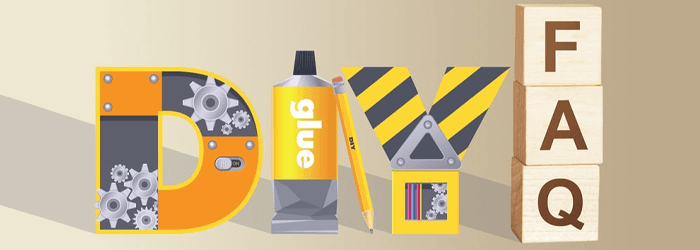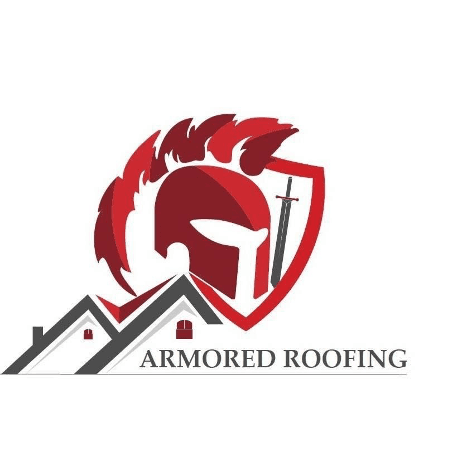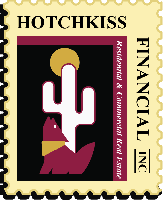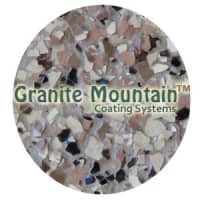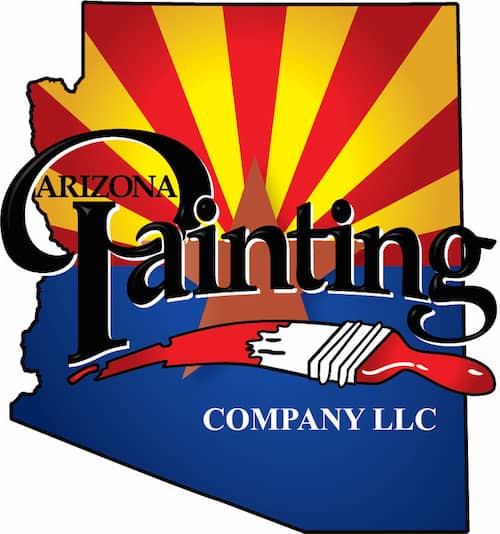Driveway pavers are made from concrete, but they’re individual, tile-sized pieces that you can lay with mortar or without—depending on the style you choose.
Mortared pavers can leave you with some of the same problems as poured concrete because the mortar between them creates a hard, non-flexible surface that is prone to cracking and makes replacing a single paver or a section of them difficult.
Mortarless pavers, on the other hand, are set in a sand-based mixture so they stay in place and feel solid—but they’re flexible. So if they expand or contract when the weather reaches extreme temperatures, there’s room for them to grow. And if a paver or a section of pavers becomes damaged, it’s easy to pull it up and replace it without ruining the rest of the driveway.

